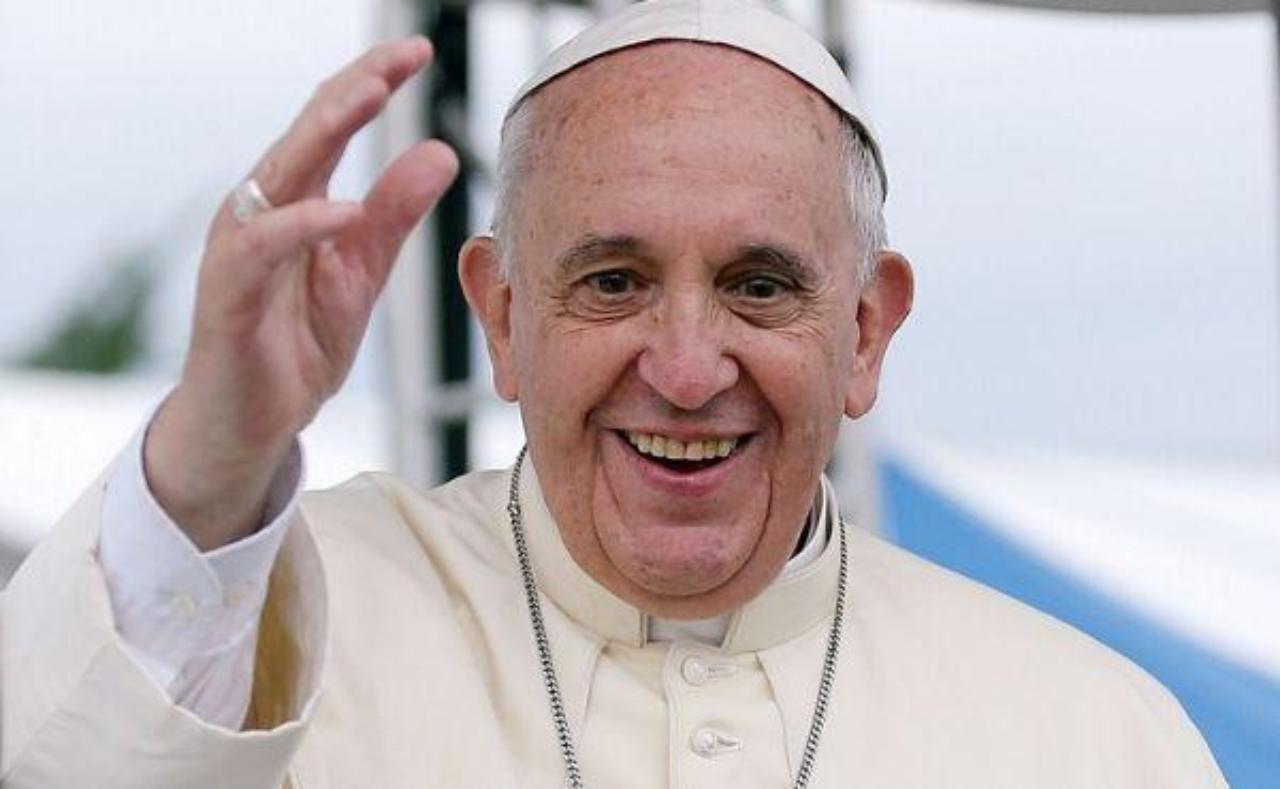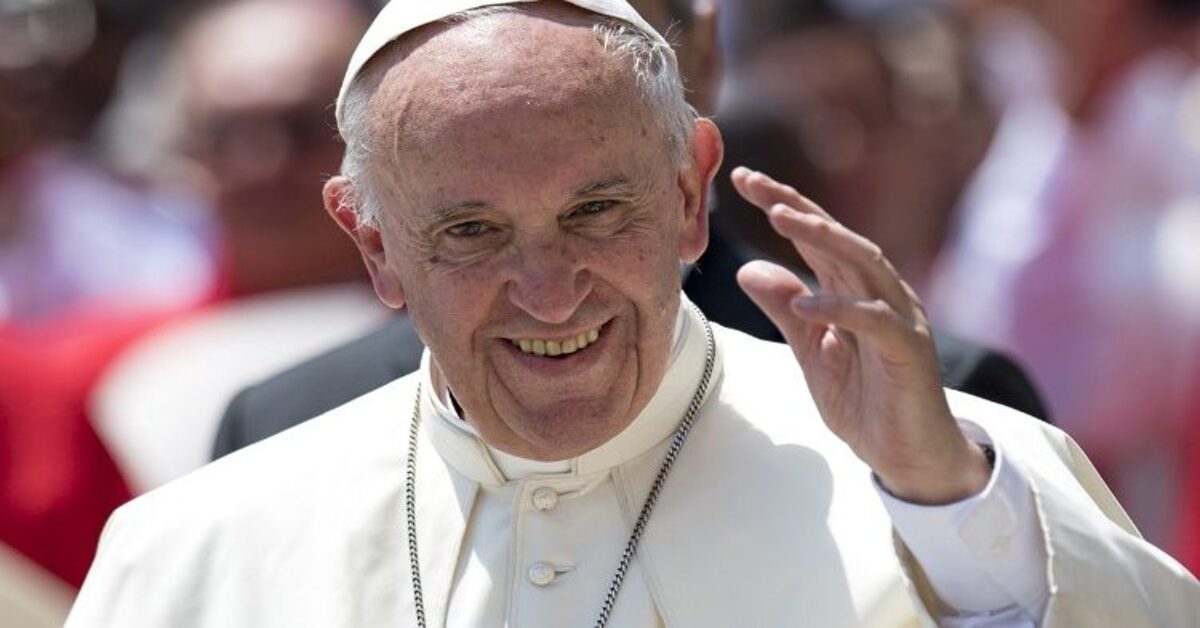Pope Francis wands politicians around the world, reproaching them
Politics is at the service of the common good and not of personal gain. The Pope, meeting Catholic parliamentarians and legislators from all over the world, he also invites them to regulate the use of technologies in favor of the common good.
In his speech, the Pontiff speaks of the "difficult context"In which we are living with the pandemic that has caused" two hundred million confirmed cases and four million deaths ".

Hence the warning to parliamentarians: “Now you are called to collaborate, through your political action, to fully renew your communities and society as a whole. Not only to defeat the virus, nor to return to the status quo before the pandemic, it would be a defeat, but to address the root causes that the crisis has revealed and amplified: poverty, social inequality, widespread unemployment and shortages of access to education ".
Pope Francis observes that in an era like ours of "political disturbance and polarization", Catholic parliamentarians and politicians "are not held in high esteem, and this is not new", but he encourages them to work for the common good. It is true - he observes - that "the wonders of modern science and technology have increased our quality of life, but left to themselves and to market forces alone, without the appropriate guidelines given by the legislative assemblies and other public authorities led by sense of social responsibility, these innovations can threaten the dignity of the human being ”.

Pope Francis stressed that it is not a question of "curbing technological progress", but rather of "protecting human dignity when it is threatened", as with "the scourge of child pornography, the exploitation of personal data, attacks on critical infrastructures such as hospitals, falsehoods spread through social media ".
Francis observes: "Careful legislation can and must guide the evolution and application of technology for the common good". Hence the invitation to "take on the task of a serious and in-depth moral reflection on the risks and opportunities inherent in scientific and technological progress, so that the legislation and international standards that regulate them can focus on promoting integral human development and peace. , rather than on progress as an end in itself ".